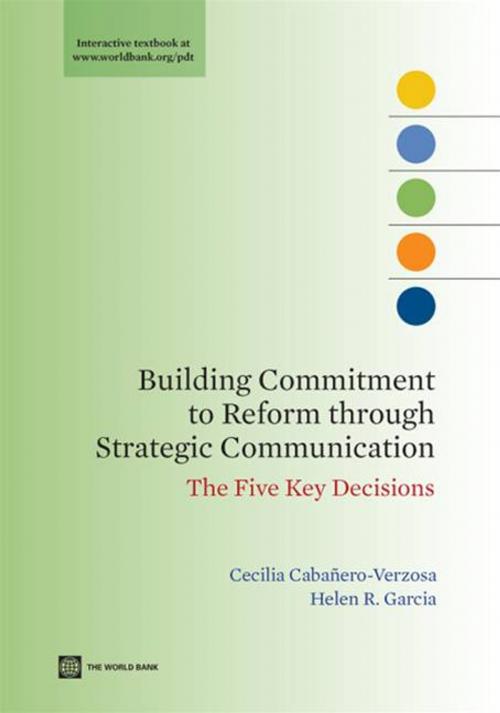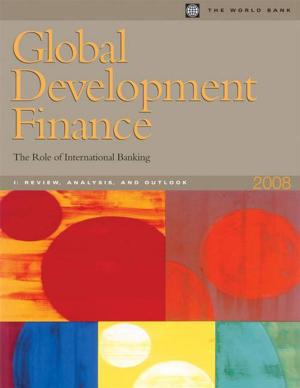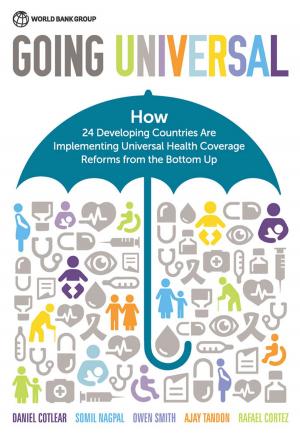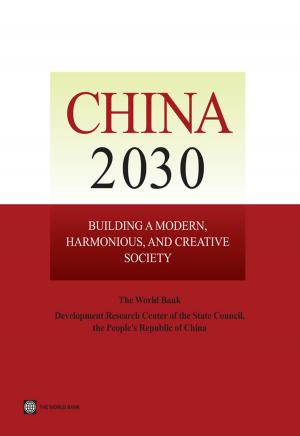Building Commitment To Reform Through Strategic Communication: The Five Key Decisions
Business & Finance, Economics, Economic Development| Author: | Verzosa Cecilia Cabanero ; Garcia Helen R. | ISBN: | 9780821376218 |
| Publisher: | World Bank | Publication: | October 6, 2009 |
| Imprint: | Language: | English |
| Author: | Verzosa Cecilia Cabanero ; Garcia Helen R. |
| ISBN: | 9780821376218 |
| Publisher: | World Bank |
| Publication: | October 6, 2009 |
| Imprint: | |
| Language: | English |
Strategic communication refers to the design of programs aimed at promoting voluntary change in behavior among stakeholders critical to the success of reforms, with communication being an instrument of policy and program reform, not merely a means of disseminating information. This Sourcebook provides a management decision-making tool for developing a communication strategy for reforms. Illustrative examples of how this tool can be used in various types of development activities are drawn from projects, economic and sector work, country assistance strategies formulated by donor groups, and country programs designed by developing country government teams to reduce poverty.The Sourcebook's approach has been used by program managers in developing countries and taught in workshops and formal courses conducted face-to-face as well as through various educational technologies such as videoconferences, self-paced courses, and computer-based modules.
Strategic communication refers to the design of programs aimed at promoting voluntary change in behavior among stakeholders critical to the success of reforms, with communication being an instrument of policy and program reform, not merely a means of disseminating information. This Sourcebook provides a management decision-making tool for developing a communication strategy for reforms. Illustrative examples of how this tool can be used in various types of development activities are drawn from projects, economic and sector work, country assistance strategies formulated by donor groups, and country programs designed by developing country government teams to reduce poverty.The Sourcebook's approach has been used by program managers in developing countries and taught in workshops and formal courses conducted face-to-face as well as through various educational technologies such as videoconferences, self-paced courses, and computer-based modules.















